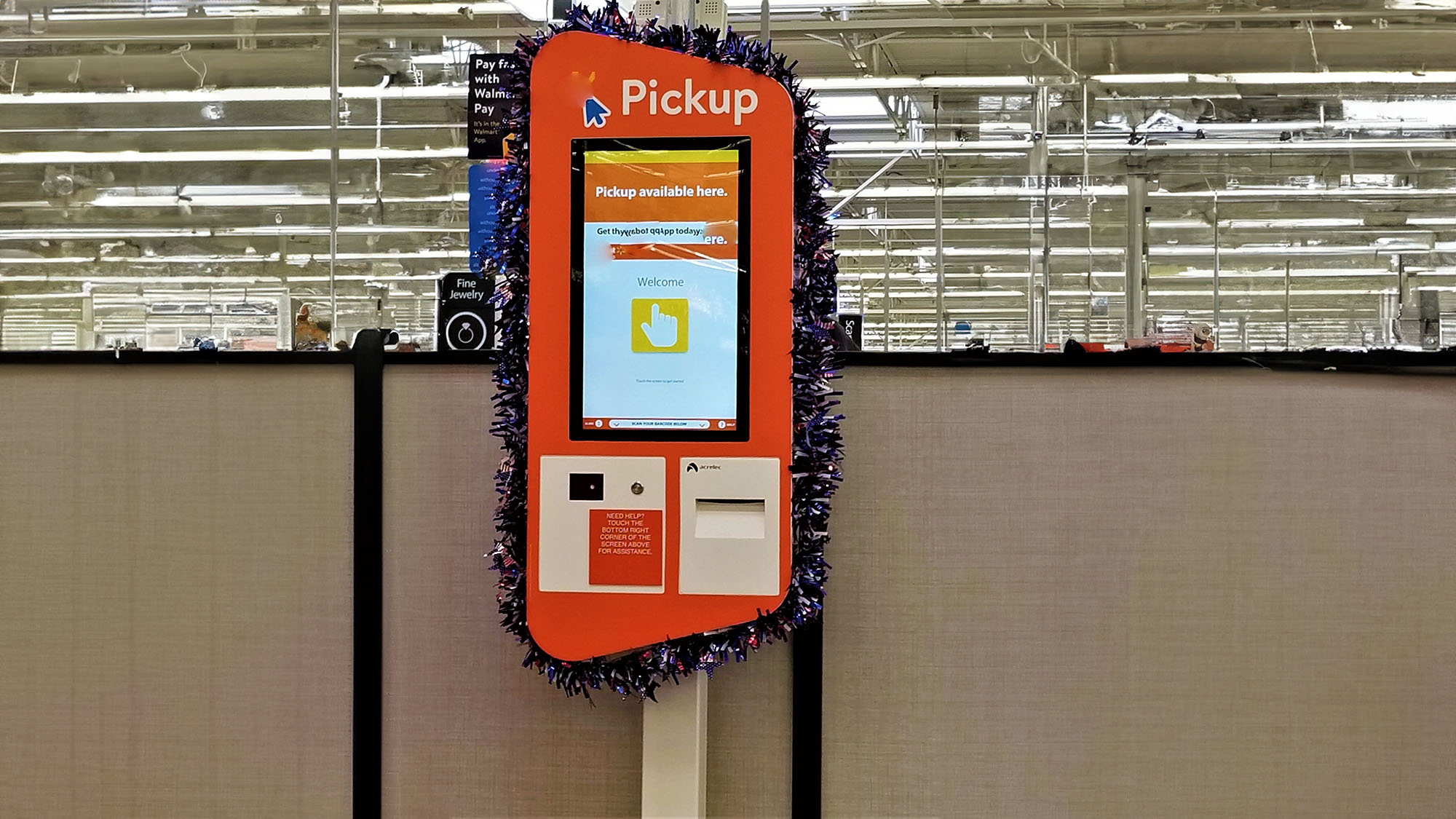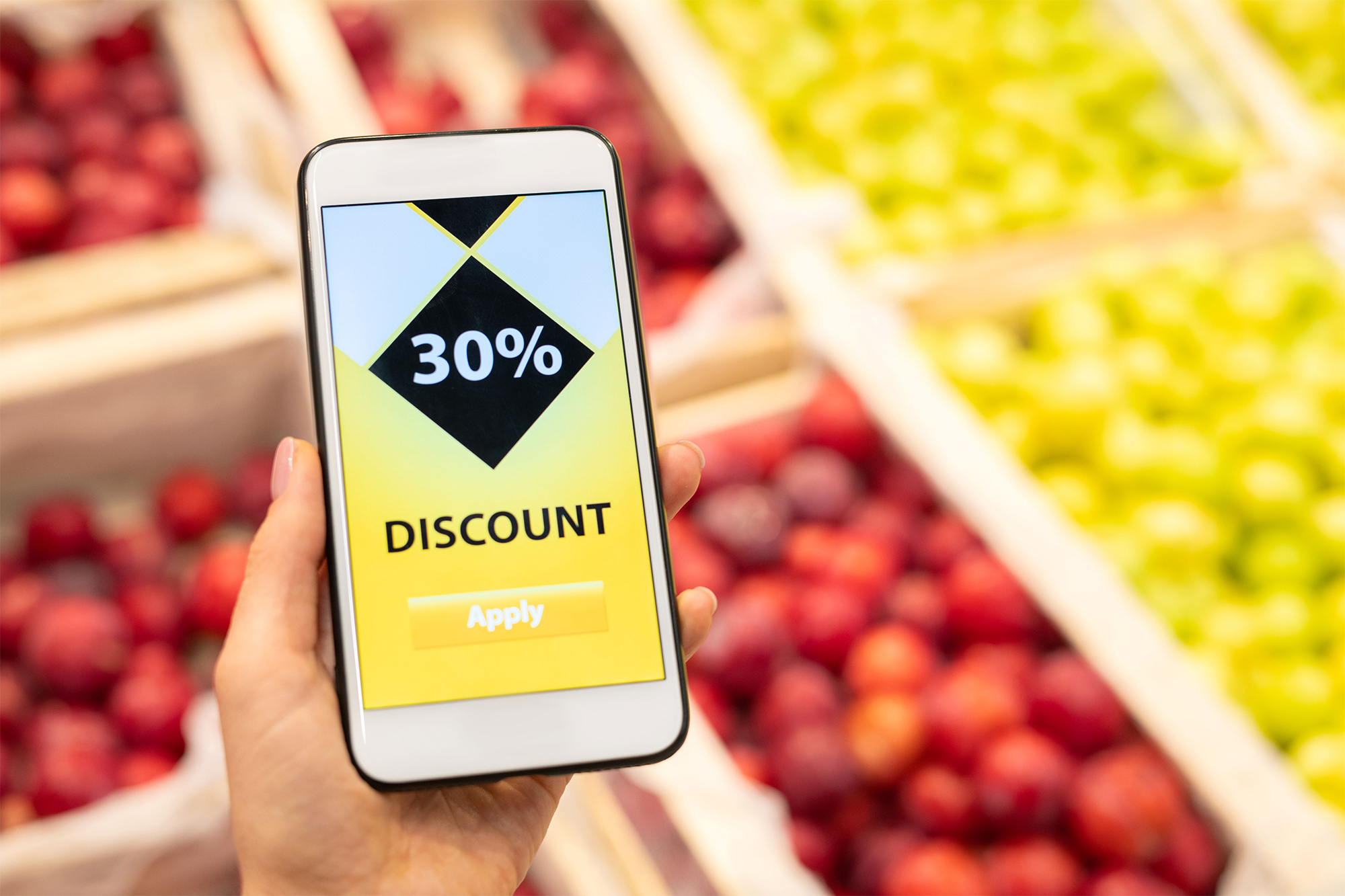The Rise of Private Brands and Shifting Consumer Trends

Private Brands and Consumer Trends
- 70% of consumers experimented with private brands.
- 50% of Consumers will favor private brands in 2024.
- 38% of grocers are satisfied with private brand performance.
- Pricing and Promotion are significant drivers.
- Kroger plans to boost 30 new local products in each store.
- Costco's private brand, makes up 28% of total sales.
Adopting private brands in the fiercely competitive grocery industry is a potent strategy for online and offline retailers. The surge is mainly witnessed post-pandemic, and is attributed to various factors influencing a significant shift in consumer preferences.
Private brands allow retailers to control critical aspects of their business, including production processes, pricing structures, and brand identity. According to research, refrigerated products led the private label market segment 2021, reaching a staggering $40.4 billion. General food and general merchandise followed closely, with $33.8 billion and $25.2 billion, respectively.
Why are consumers' preferences for Private Brands increasing?
Several factors contribute to the ongoing consumer shift towards private labels. Economic challenges, including inflation rates, have driven consumers to seek ways to save money. 70% of consumers have experimented with private labels, and 50% express their intention to continue into 2024. National grocers have responded by enhancing locally tailored customer value propositions, aligning with consumers' evolving preferences.
The recent changes in US tax laws, inflation, and the expansion of local brands have further incentivized customers to explore private label alternatives. The reduction in federal Supplemental Nutrition Assistance Program (SNAP) benefits, higher interest rates, and the resumption of student loan repayments also contribute to the economic landscape influencing consumer choices.
Pricing (85%) and promotions (48%) offered by private labels have become key drivers of consumer adoption. The emphasis on sustainable attributes such as food waste reduction and recyclable packaging has also fueled a perceived shift among consumers towards private label products.
Grocers Pivoting Towards Private Brands
Private Brands play a crucial role in building customer loyalty, contributing to an enhanced brand image for the store. With consumers seeking high-quality products at affordable prices, private labels meet this demand and provide an alternative to significant retailers' brand names. Surprisingly, despite the vast potential of private brands, only 38% of grocers express satisfaction with their private brand performance. Grocers can curate a private brand that aligns with their business model and caters to customer needs. This includes setting prices, defining quality levels, and selecting specific ingredients. Staying ahead of market trends, such as sustainable packaging or catering to dietary preferences like vegan or gluten-free options, enhances a grocer's competitiveness.
Some of the Private Brands by National Grocers
Kroger
- The national grocer commits to increasing the availability of local products to customers after its proposed merger with Albertsons Companies.
- The combined company plans to boost the number of local products in its stores by 10%, translating to a minimum of 30 new local products in each store.
- Rodney McMullen, Chairman & CEO of The Kroger Co., emphasizes the importance of local farmers, bakers, and producers as integral to the Fresh for Everyone brand promise.
- The merger aims to foster growth and invite local suppliers to grow alongside the company, supporting the innovation inherent in small business owners.
- Many stores allocate dedicated shelf space exclusively for locally produced products, with signage highlighting the regional connection.
- Kroger collaborates with farmers and local producers, offering direct support and sharing techniques to ensure customer awareness of their products.
Target
- Target has introduced several new private label brands this year, including Kendra Scott, Fenty Beauty, Good & Gather, Figment Kitchenware, Barbie Movie, Tabitha Brown, Taylor Swift, Houston White, Rowing Blazers, Spring Designer, Hilton Carter, and Wild Fable Swim Expansion.
- The expansion of Target's private-label food brand, Good & Gather, includes snacks and food for babies and toddlers.
Costco
- Despite the inflationary environment, Costco reports that its customers are not trading down.
- Sales for the Kirkland Signature private label continue to grow steadily, gaining 1% penetration year-on-year.
- Kirkland Signature products now account for 28% of total sales.
- The Kirkland Signature brand is a vital part of the Costco value proposition and is an important differentiator and traffic driver.
- Consistent product quality, competitive pricing, and availability are crucial for maintaining member loyalty.
- Kirkland Signature products generally have higher margins than national brand products.
- These products represent a growing portion of Costco's overall sales.
- If the Kirkland Signature brand experiences a loss of member acceptance or confidence, it could adversely affect sales and gross margin results.
Aldi
- ALDI is a German chain known for its affordability and bargain-hunting appeal.
- ALDI's success is partly attributed to its private label, Simply Nature, which significantly influences the store's popularity.
- ALDI stands out by selling more generic products than any other grocery store, with nearly 78% of overall sales coming from its private labels.
- Simply Nature, ALDI's private brand, offers inexpensive, organic, non-GMO, and preservative-free products.
- It is a go-to place for staples such as canned vegetables, fresh and frozen produce, dairy, and coffee.
- ALDI boasts multiple private labels, with Simply Nature focusing on simple ingredients. Other labels include liveGfree for gluten-free options, Baker's Corner for baking needs, Fremont Fish Market for seafood, Little Journey for baby products, and more.
- In conclusion, the rise of private brands reflects a strategic shift in the retail landscape, driven by economic factors and changing consumer preferences. As grocers continue to leverage the benefits of private brands, the market is poised for further growth and innovation, offering consumers a diverse range of affordable and quality products.
In summary, the trajectory of private brand growth is set to evolve, driven by changing consumer sentiments favoring healthier lifestyles, a penchant for exploring local products, and an overall shift in preferences. Positioned at the forefront of this wave, grocers stand to capitalize on the rising demand for innovative and health-conscious offerings.


.png)



.jpg)




.png)

